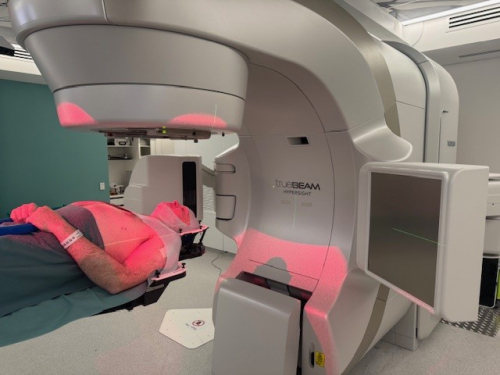Shining a light on women living with HIV

The challenges faced by women living with HIV will be the focus of the Victorian HIV Service at The Alfred this World Aids Day.
Victorian HIV Service Director Professor Jenny Hoy said that while Australia has made significant inroads in reducing transmission of the virus in men who have sex with men, reducing transmission among women has not been as successful.
“Rates of new diagnoses of HIV in women are not declining, unlike the major strides made in reducing HIV transmission amongst men who have sex with men,” Professor Hoy said.
“In Australia, women face many challenges accessing HIV testing and HIV prevention strategies.
“There is also minimal research being performed on the unique aspects faced by women with HIV, in particular menopause and other aspects of ageing, cardiovascular risk, bone health and fracture risk, and cancer screening.”
World AIDS Day is a time when the community of people with HIV, clinicians, researchers and support groups come together to celebrate treatment and research gains made, but also to commemorate and remember those who were unable to benefit from the improvements in prevention care and treatment.
Each year, The Alfred, Burnet Institute, Doherty Institute and RMIT alternate hosting a symposium - a half-day meeting highlighting the research gains in improving the lives of people with HIV.
Professor Hoy said this year’s symposium will not only celebrate women with HIV, but all women involved in HIV advocacy, peer navigator support, treatment, care, and research.
“By focusing on women this World AIDS Day, and working in partnership with people with HIV, we can encourage better understanding of the great strides made with markedly better outcomes for all areas of healthcare provision to reduce stigma and discrimination experienced.
“The new Victorian HIV strategy 2022-2030 aims to eliminate HIV transmission by 2030. To do this, we need to support all people to gain stigma free access to HIV testing, treatment and care.
“We know that commencing treatment at the earliest stages of HIV infection results in better health outcomes and reduces the likelihood of onward transmission.”


